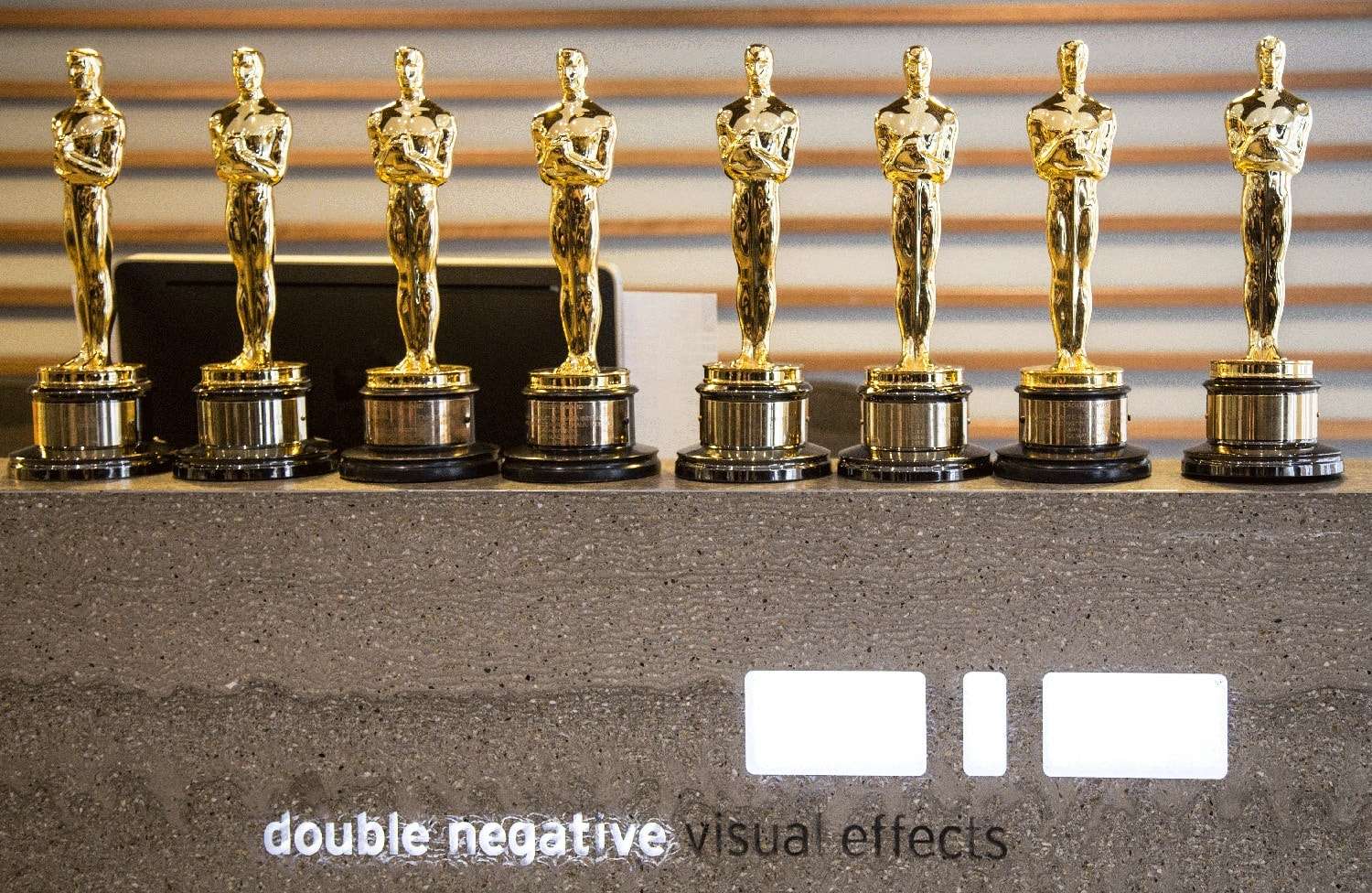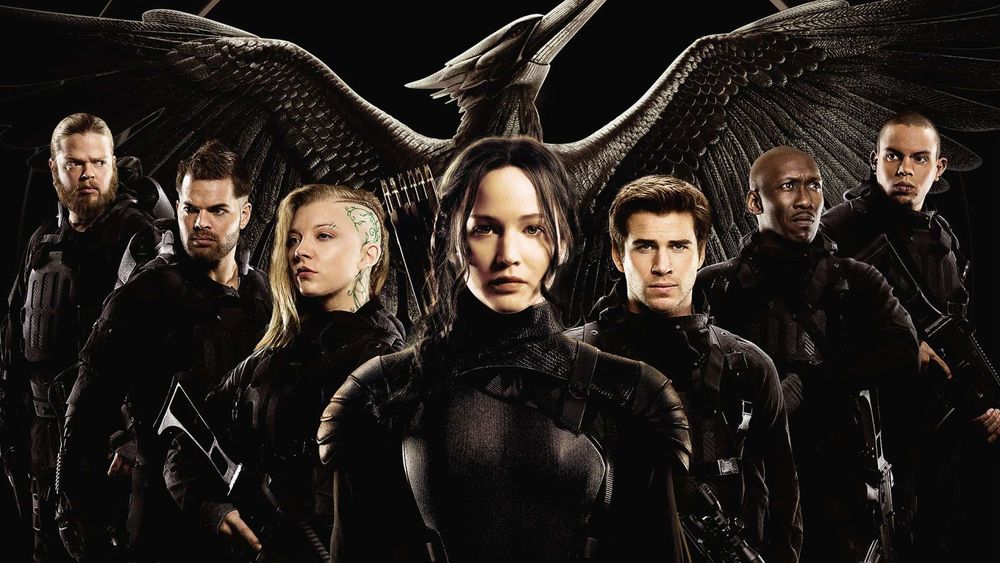
Looking back, it was quite an unexpected surprise when I was contacted by The Rookies about winning an Double Negative Internship. It was definitely a vote of confidence from the judges that the countless hours I spent making my student reel was well worth it. Once the news really sank in,I must admit I was starting to feel a little nervous.
Before my internship, I was working at MPC Vancouver as a compositor for a year after finishing my schooling at Think Tank Training Center.
Knowing my previous experience, the management team at Double Negative (Dneg) were willing to fast track my training and assigned me with tasks that were difficult enough for my skill level, whilst still providing a lot of opportunities to learn the company pipeline.
My 8 week internship at Double Negative was being broken down into 3 parts: 2 weeks of roto, 2 weeks of prep, followed by 4 weeks of compositing (comp). Each section was meant to get me up to speed with the next one.
After my first 2 weeks of roto training, I realized how little I knew about proper rotoscoping techniques. While roto was done in Dneg’s own roto software, I believe the core concept and techniques are totally transferable, even if I had to perform the same task in Nuke.
On top of the already overwhelming amount of text training materials, Dneg also have pre-recorded video training that showcased the techniques used to solve some of the more complicated problem in recent projects. The training videos also covered the basics on how to get started on certain programs that I had not used as much, such as Mocha and Silhouette
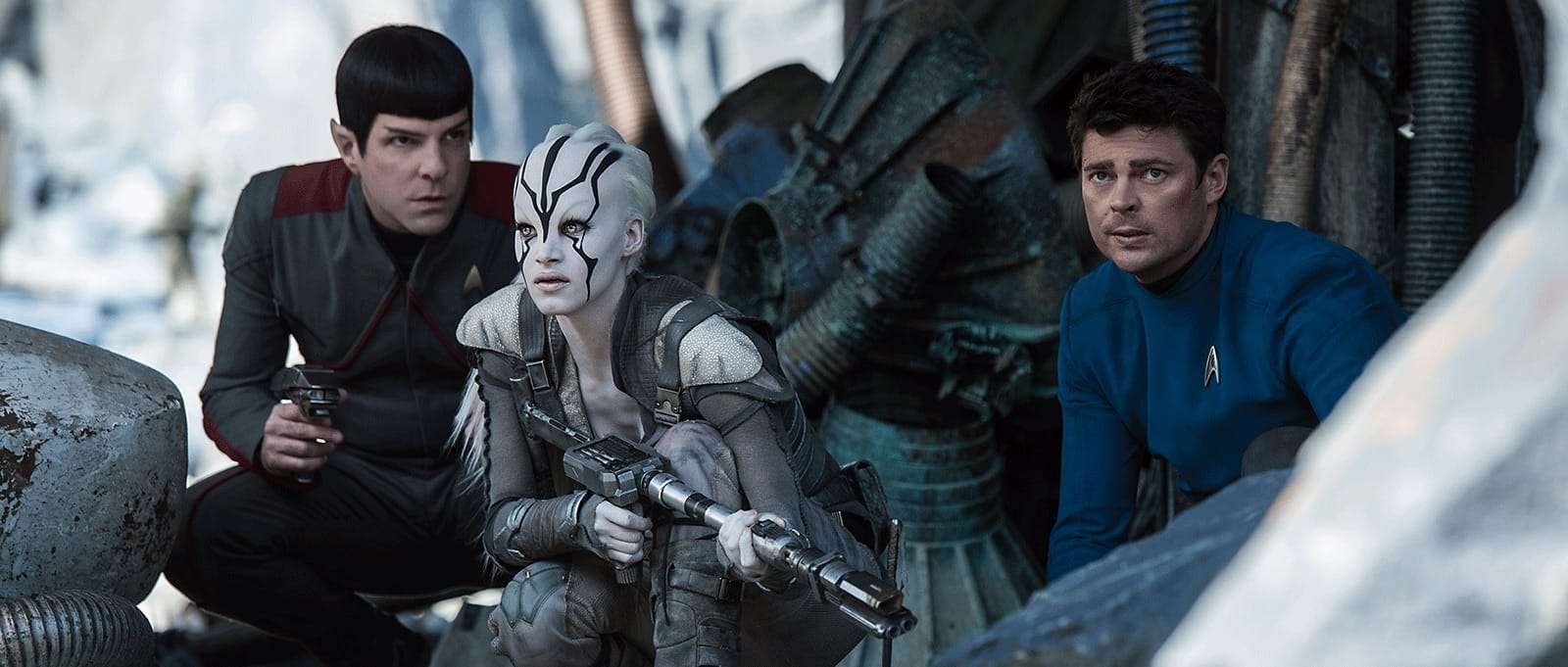
Having someone there to tell me a few steps ahead of what kind of problem I might have, really helped me speed up my process
While I had done some prep tasks before my internship, I was never a full-time prep artist hence, I did not have too many prep related tricks in my tool bag. A challenging shot was assigned to me during my prep training, and it could potentially have ended up being a very time consuming shot with the limited prep knowledge I had at the time.
My co-workers showed me a lot of cool techniques and explained the pros and cons of using regular projection versus UV projection on plate clean up. And how I could navigate through the pipeline to see if there’s any 3D assets or lidar scans available before starting a shot, because these materials could potentially help my workflow on the shot.
Having someone there to tell me few steps ahead of what kind of problem I might have, really helped me speed up my process. It also opened up the gate for me to adjust my workflow should I encounter a similar problem down the road.
Every second of my internship at Double Negative encouraged me to get better as a VFX artist
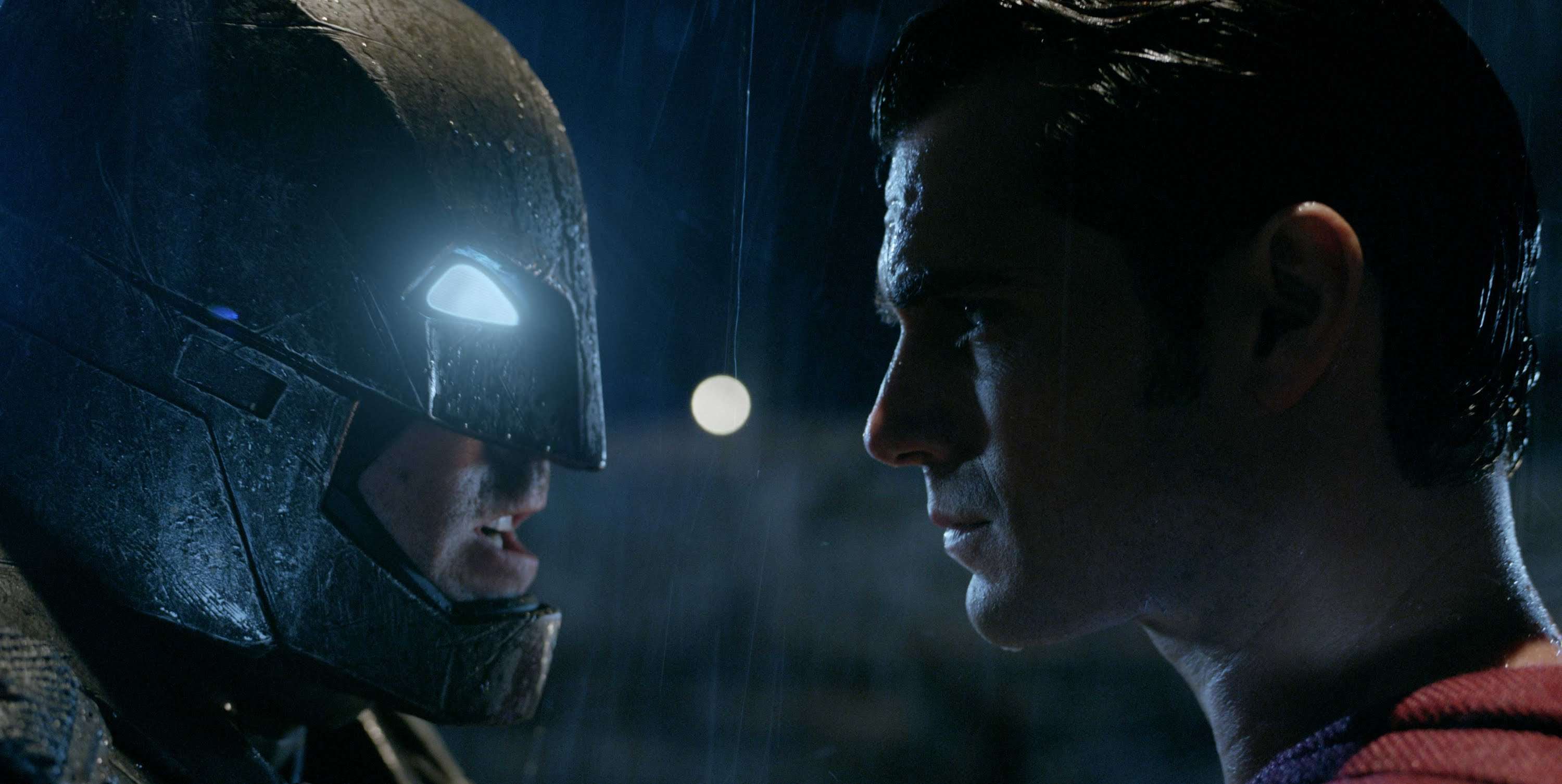
With the amount of text and pre-recorded training materials, it was a perfect way for me to fill the roto paint knowledge gap. With just a bit over 2 weeks to go before my Internship ends, I can already say I am a better compositor than I was before the Internship started.
I am not particularly interested in chasing after a certain job title. To me, the value of a VFX artist isn’t in the job title but in how much he/she knows about the craft and the type of solutions the artist could provide in any given situations.
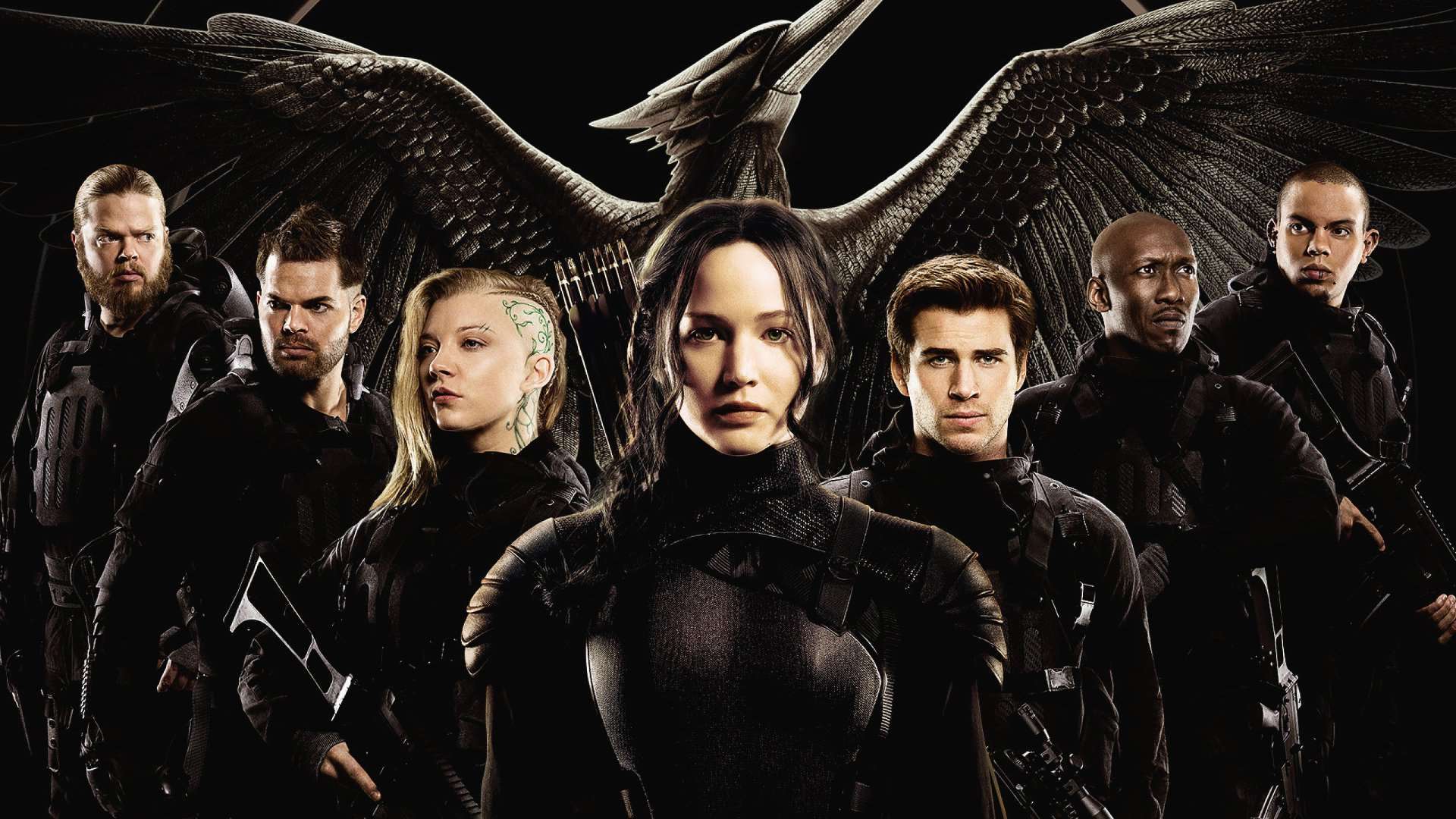
In order to expand my knowledge in composting, I am always looking for opportunity to be part of different type of shows and to work on a variety of shots.
Each project/shot presents its own set of problems and each problem I encounter also creates an opportunity for me to learn new idea/technique. After all, problem solving is part of what we do.
So my goal is to work at as many VFX studios as possible. I consider myself lucky to be living in Vancouver doing visual effect.
